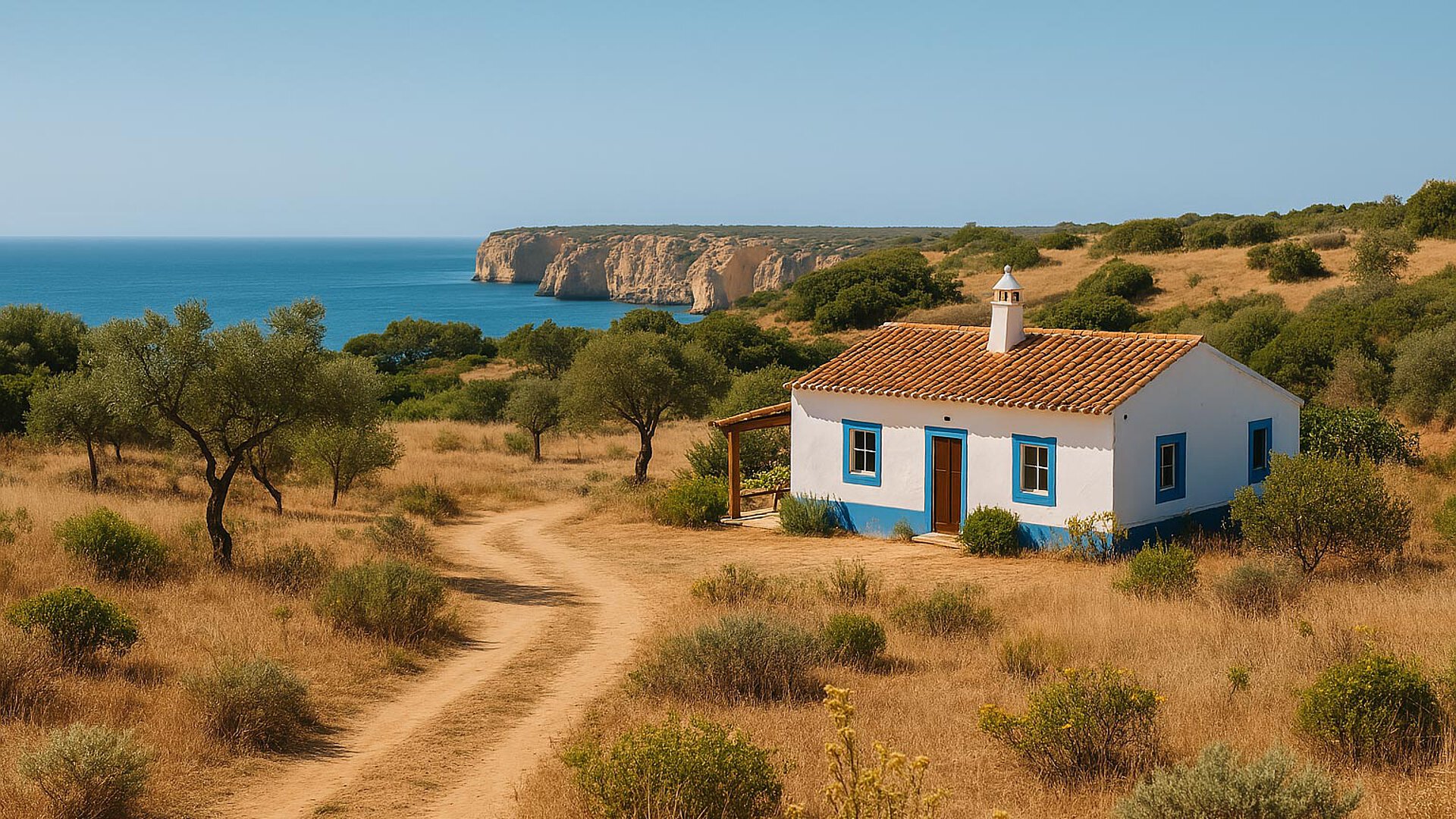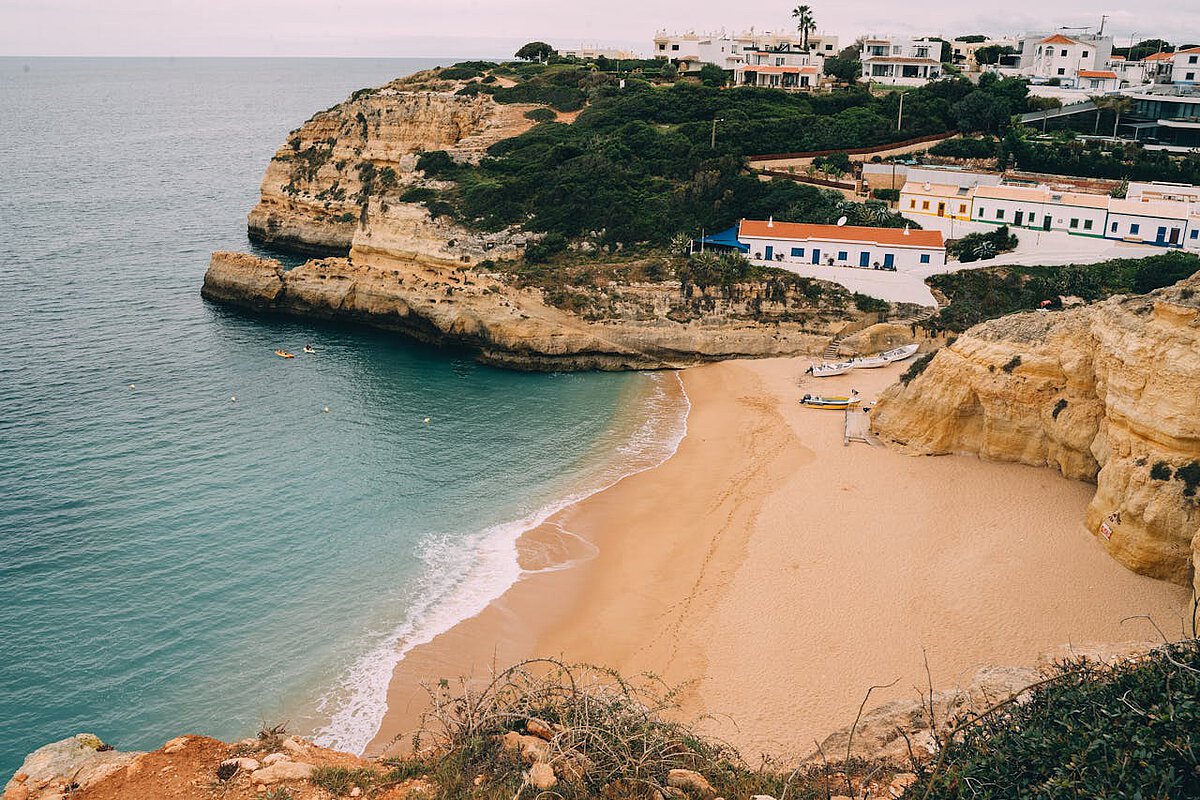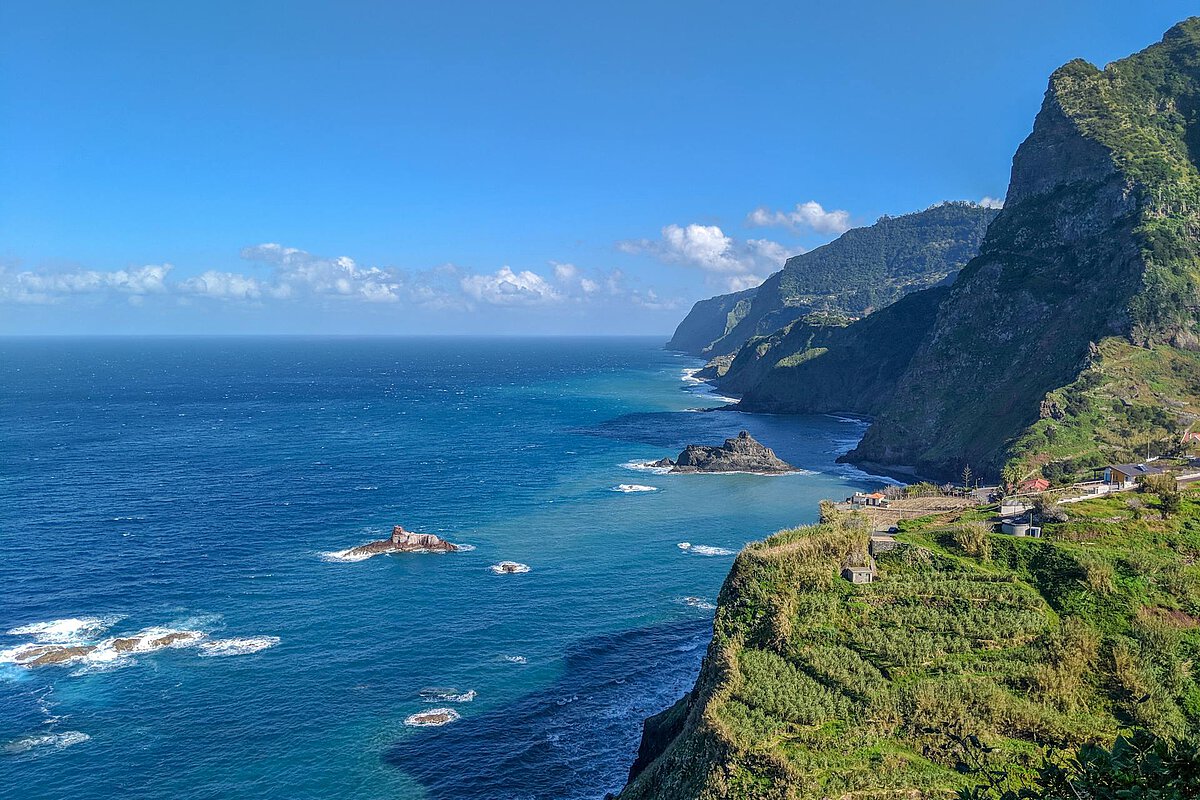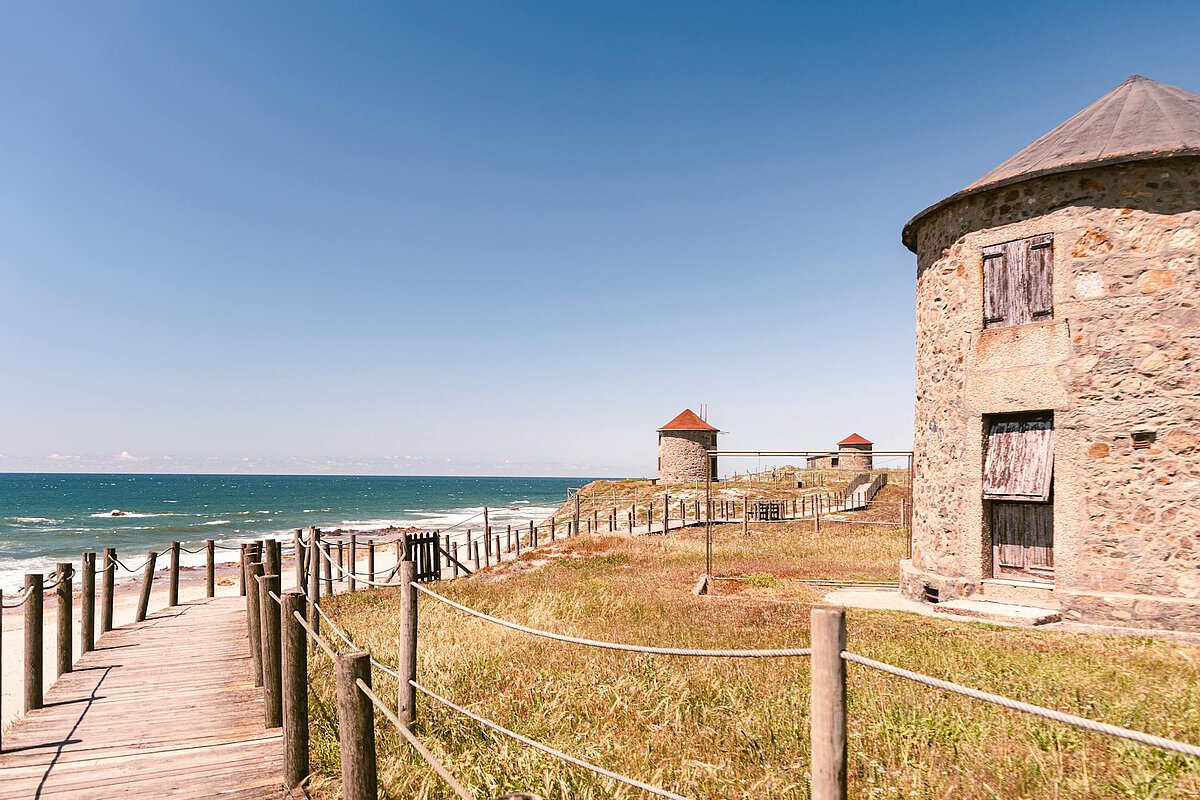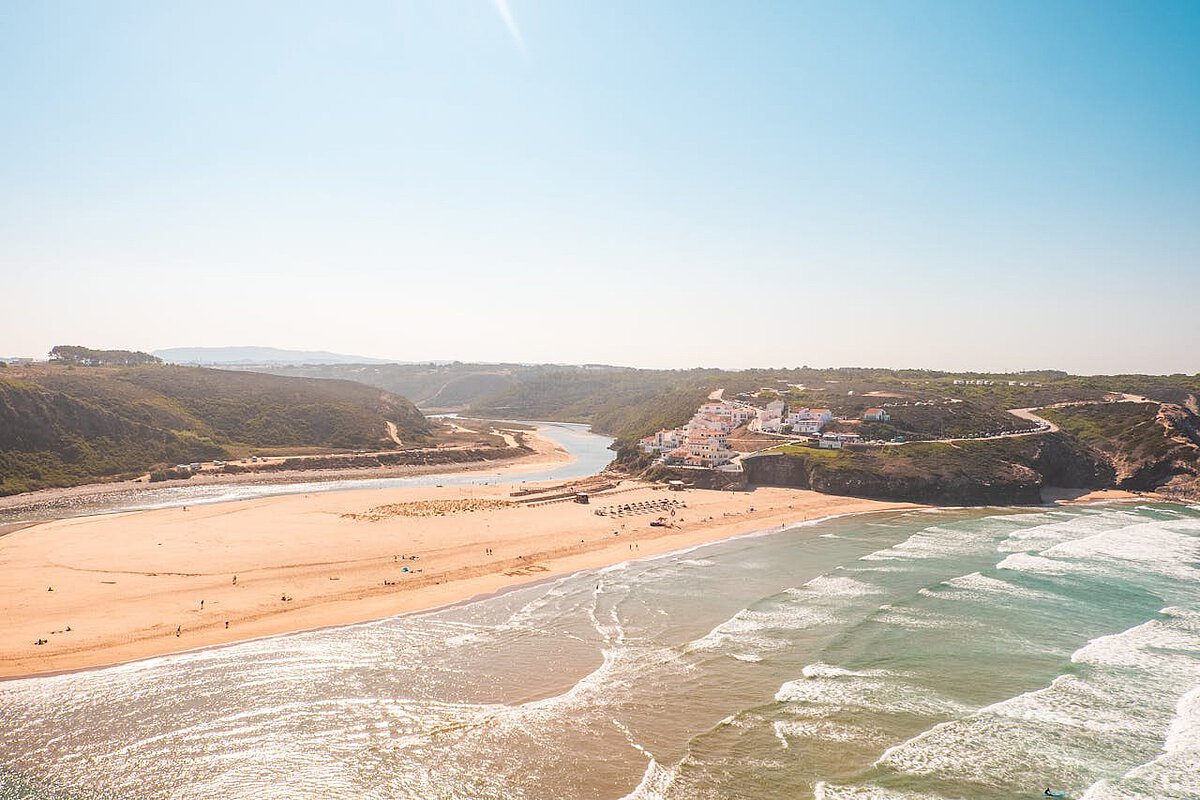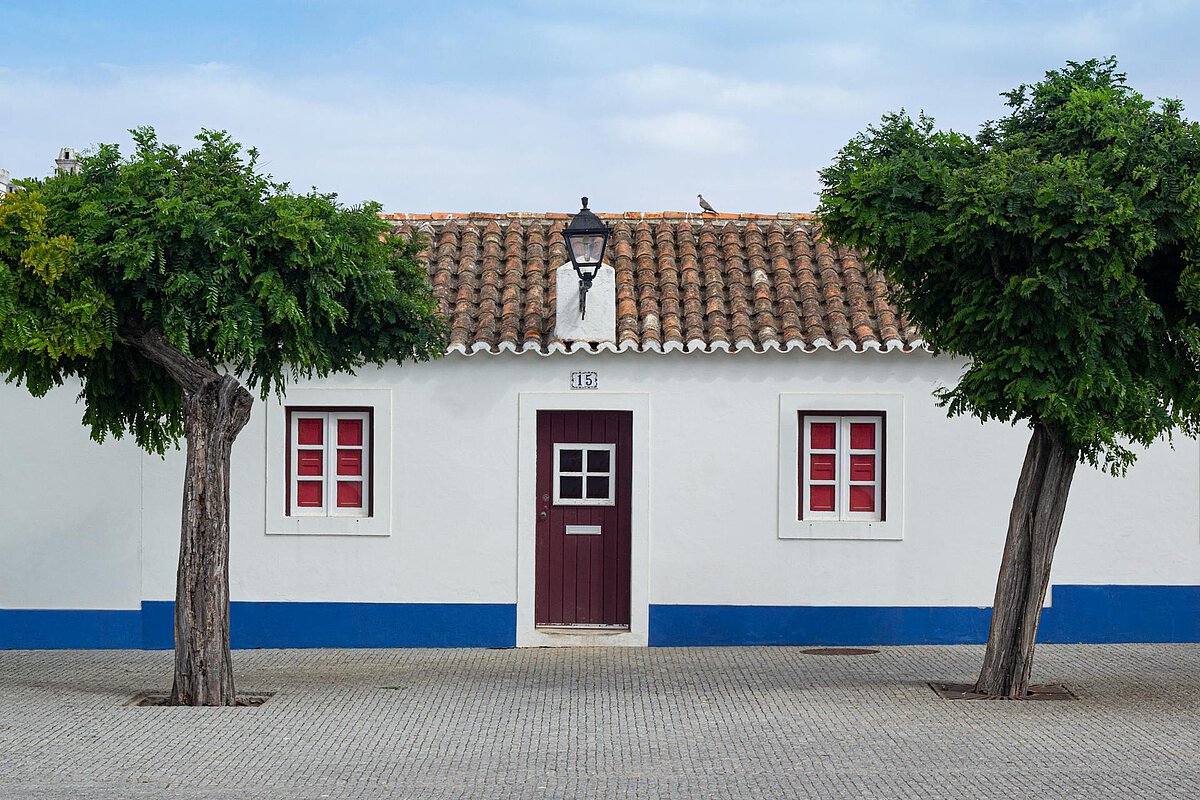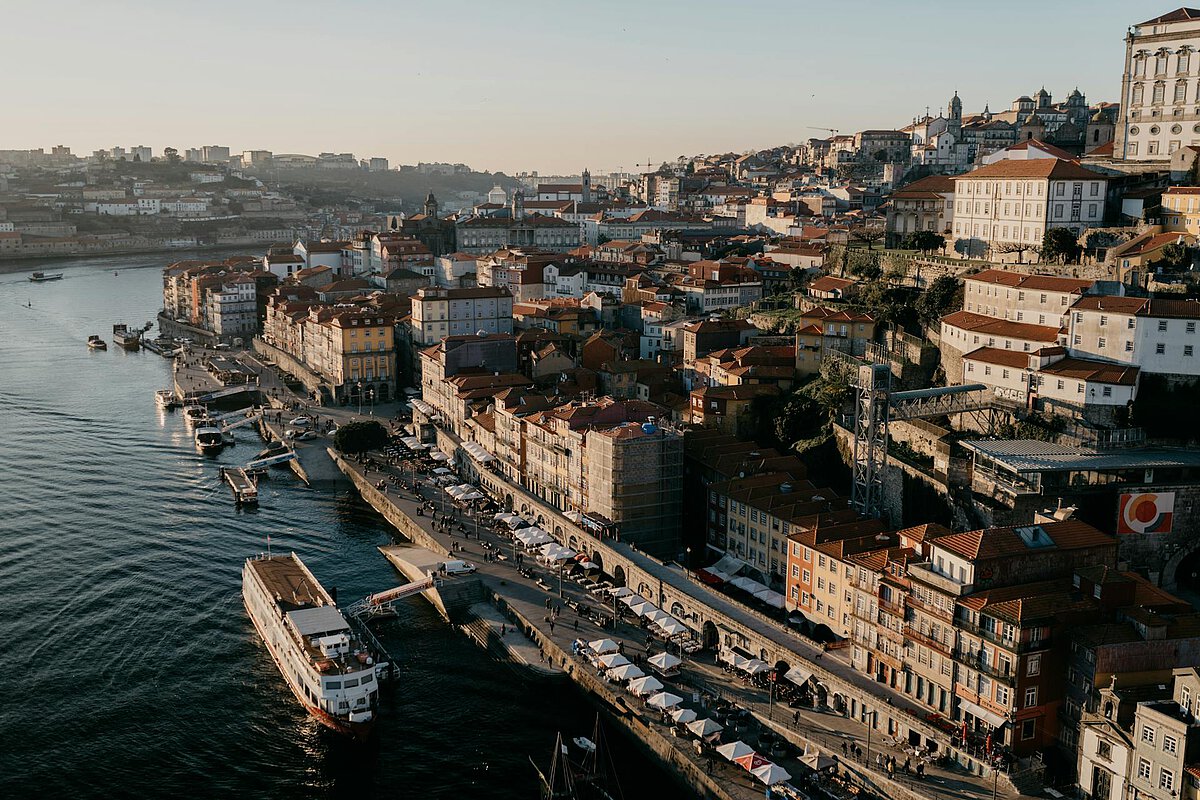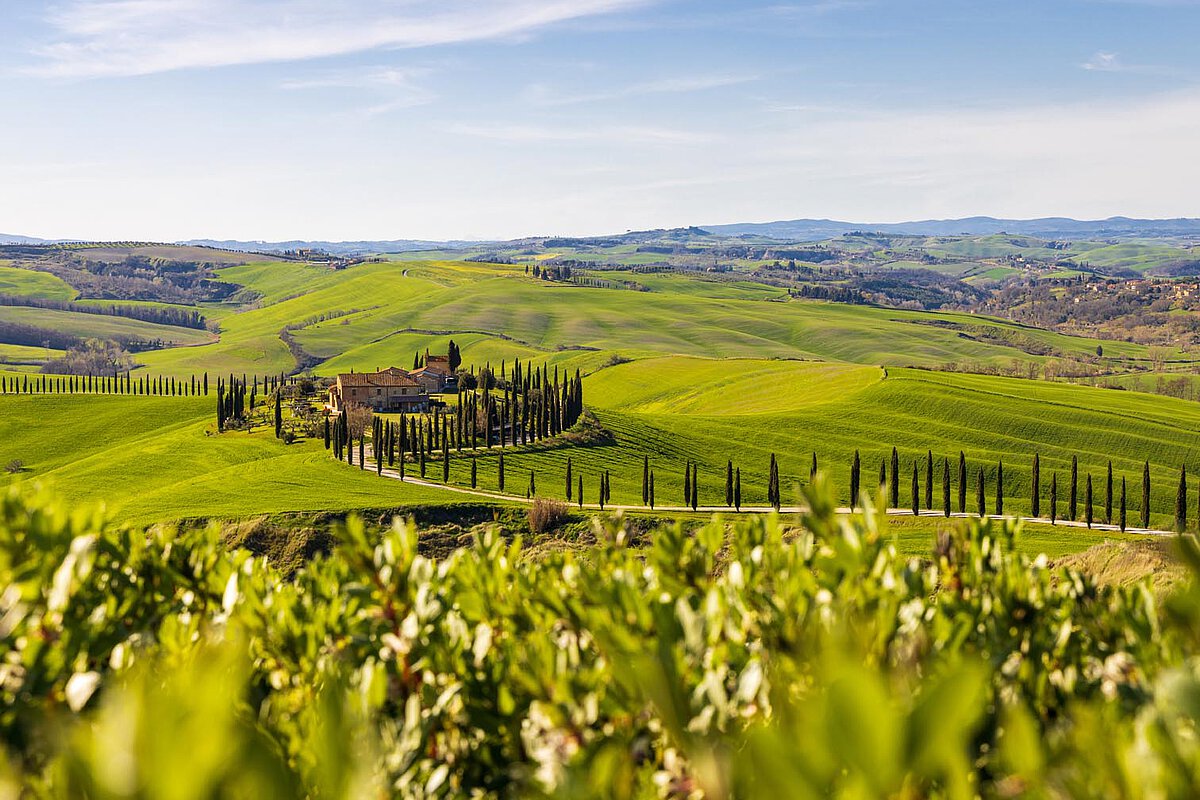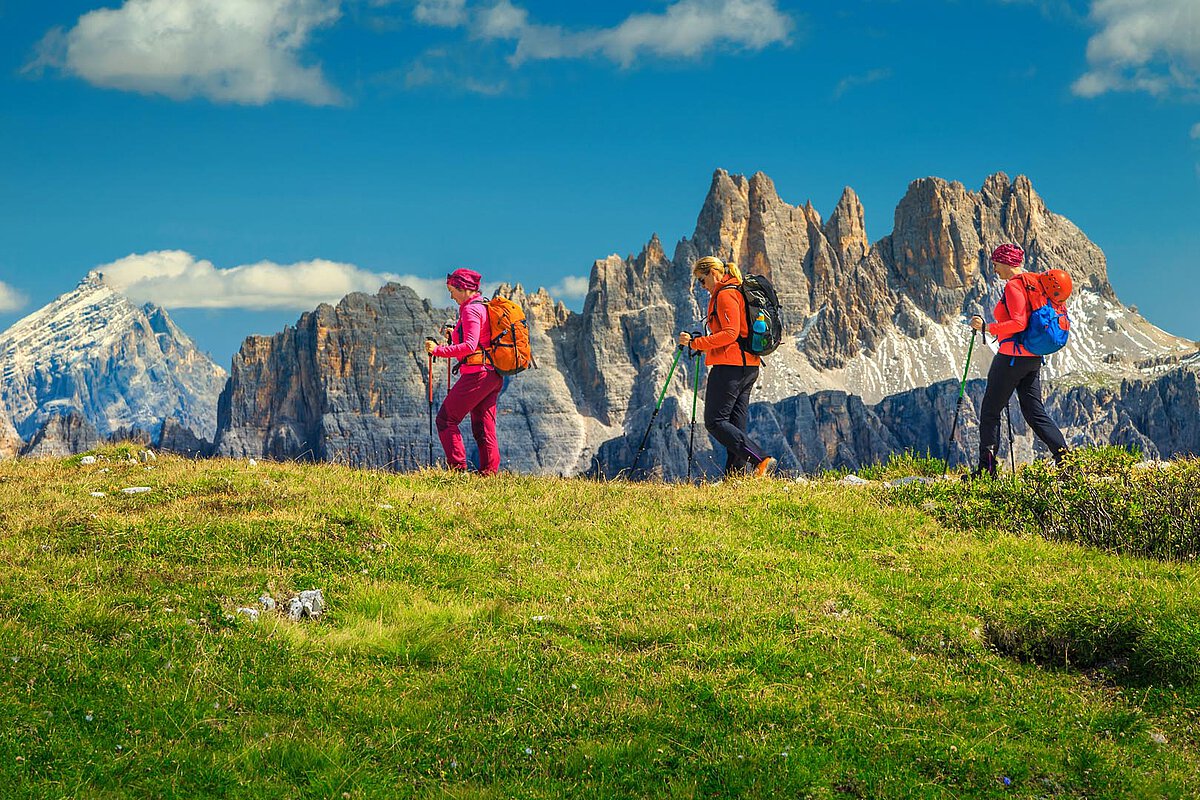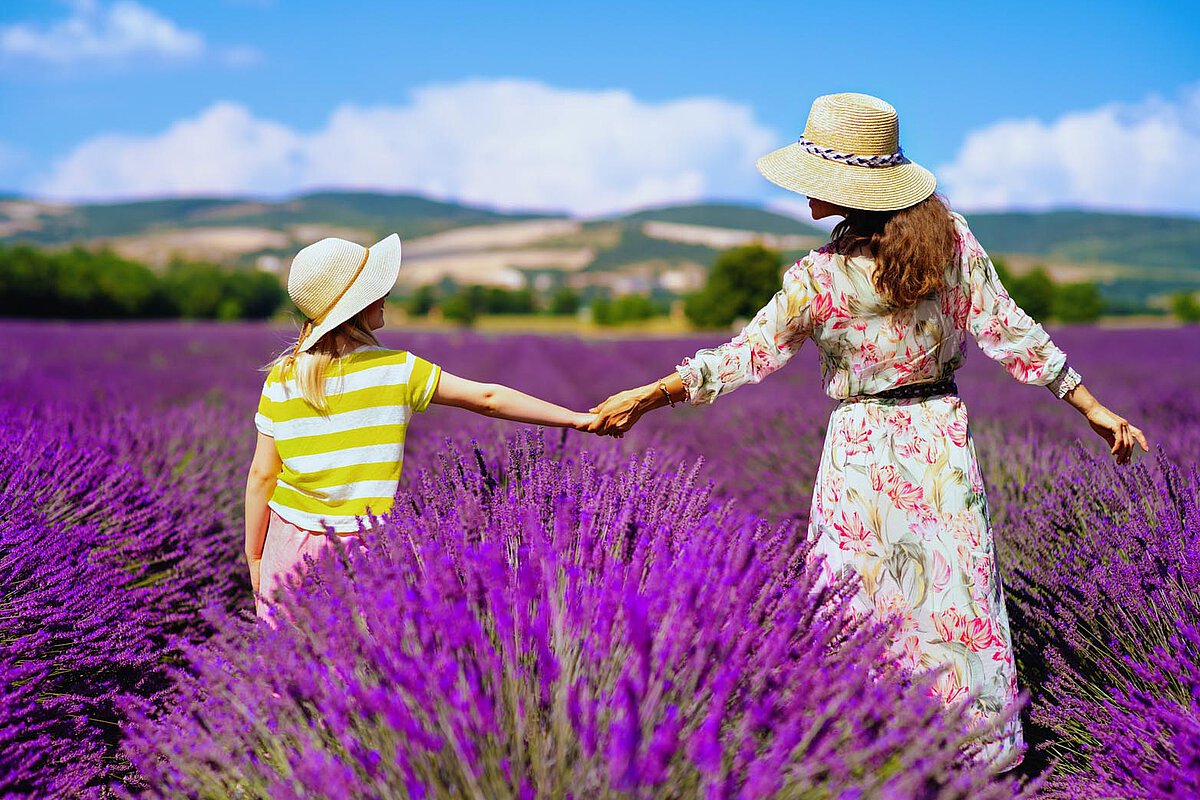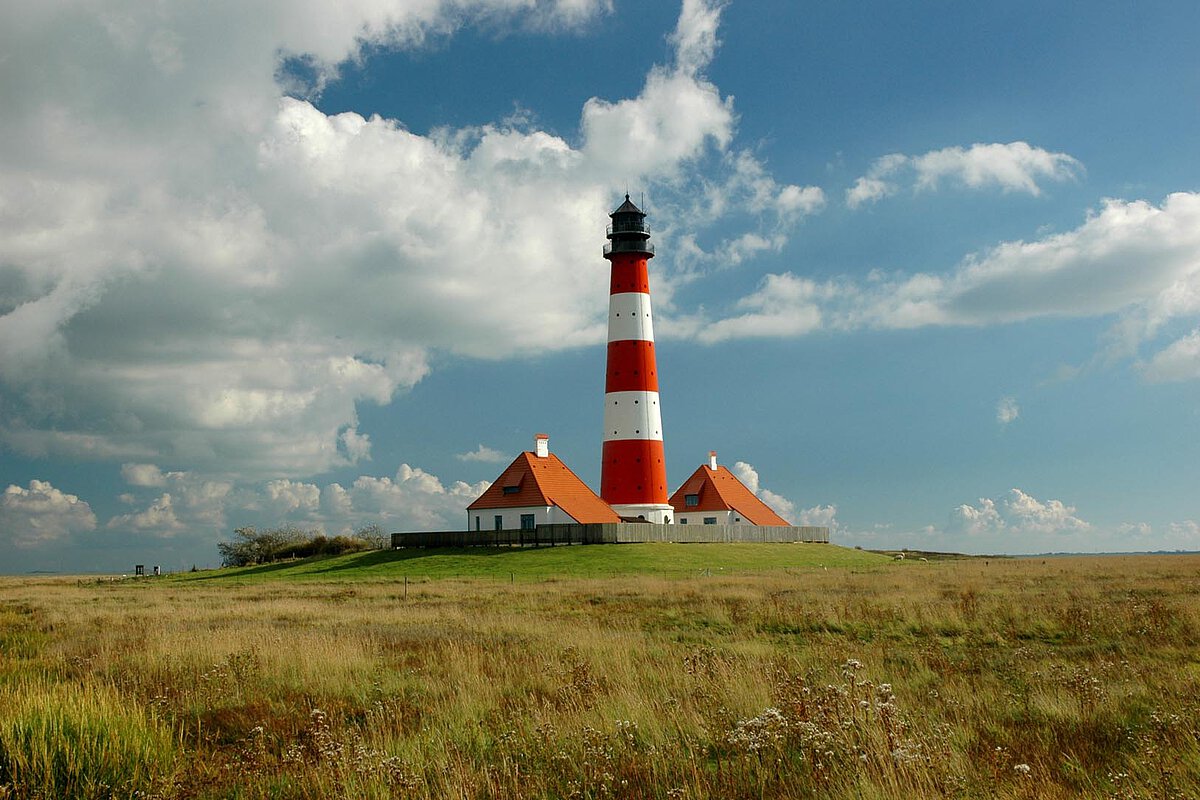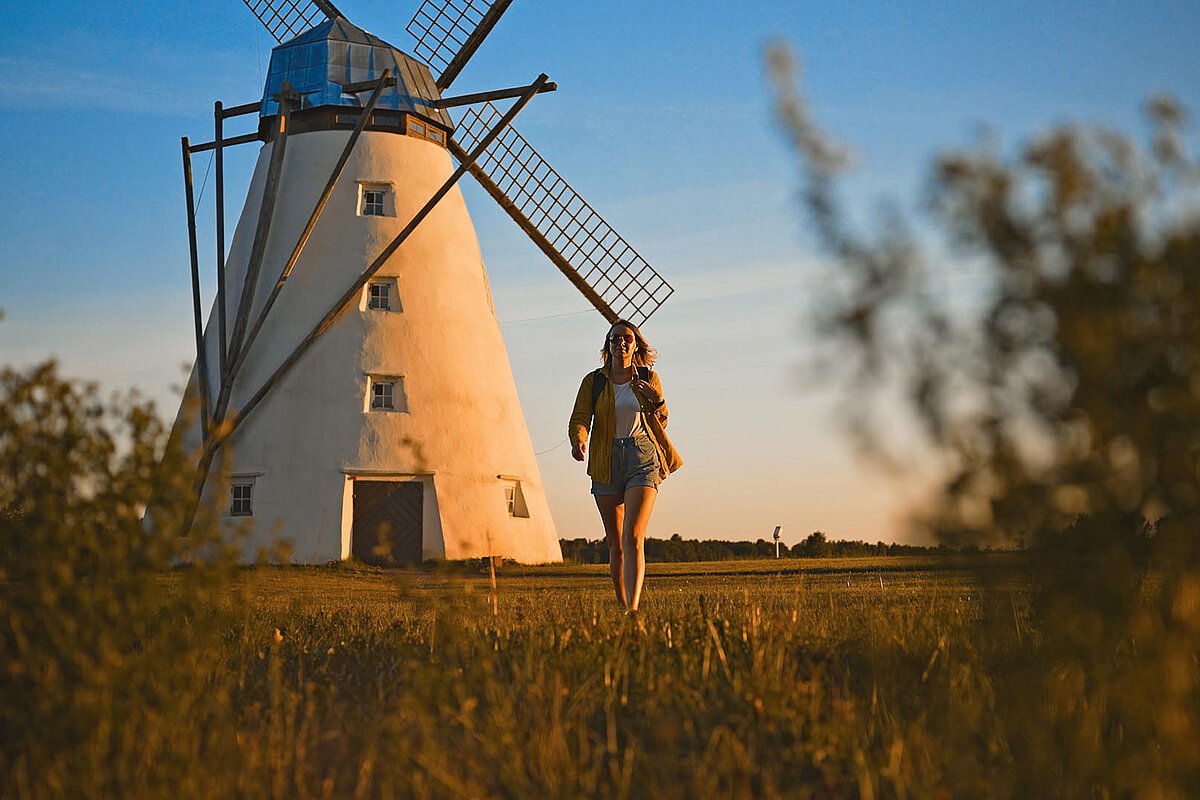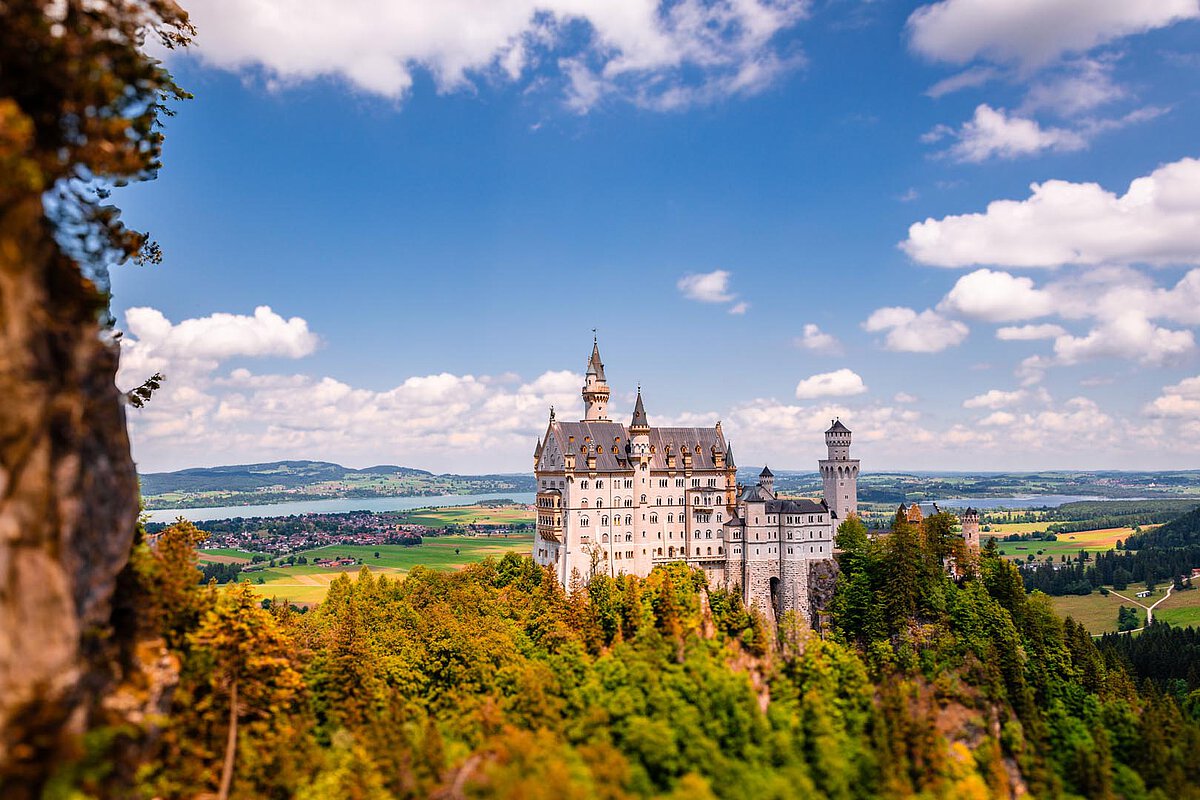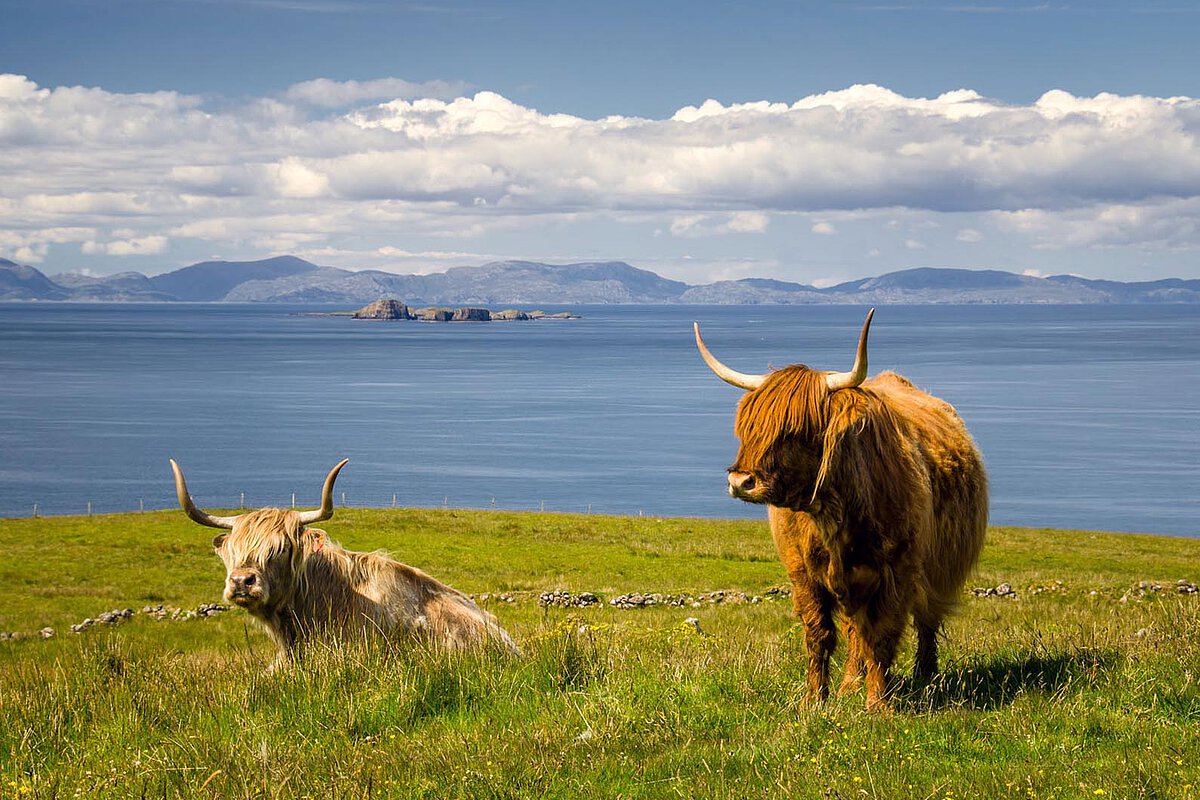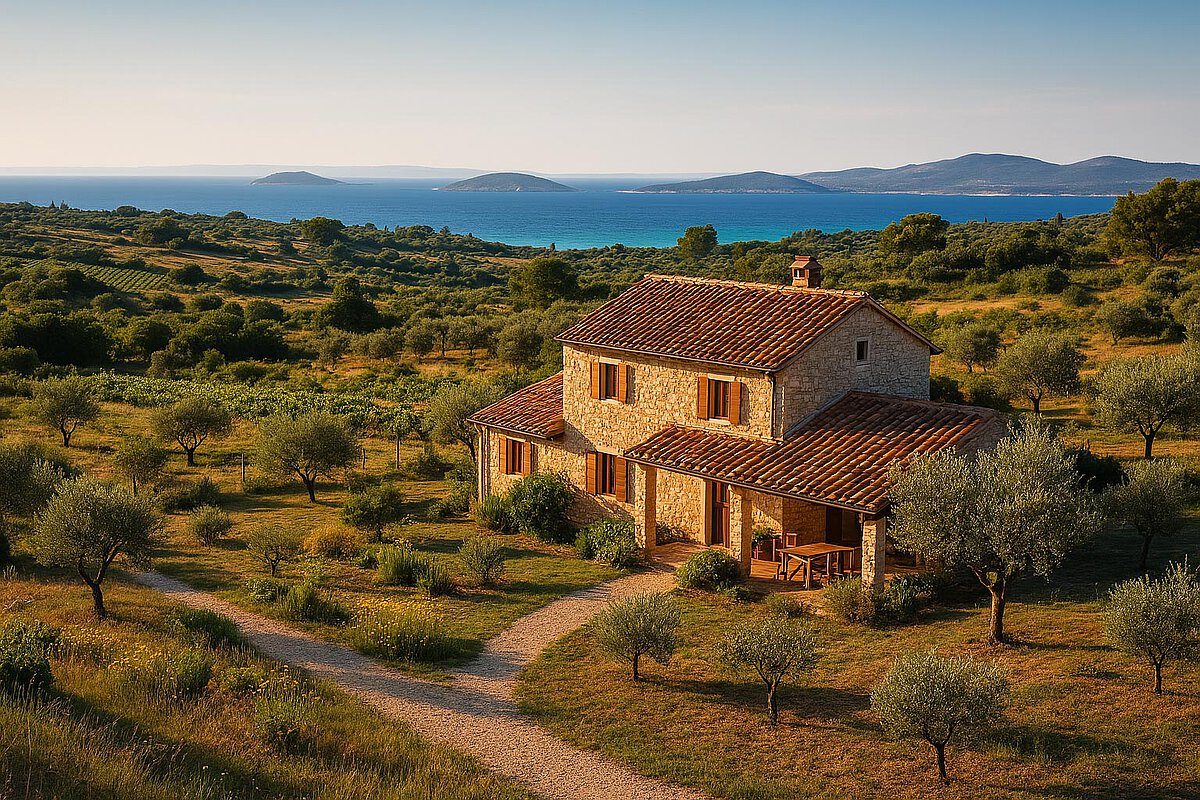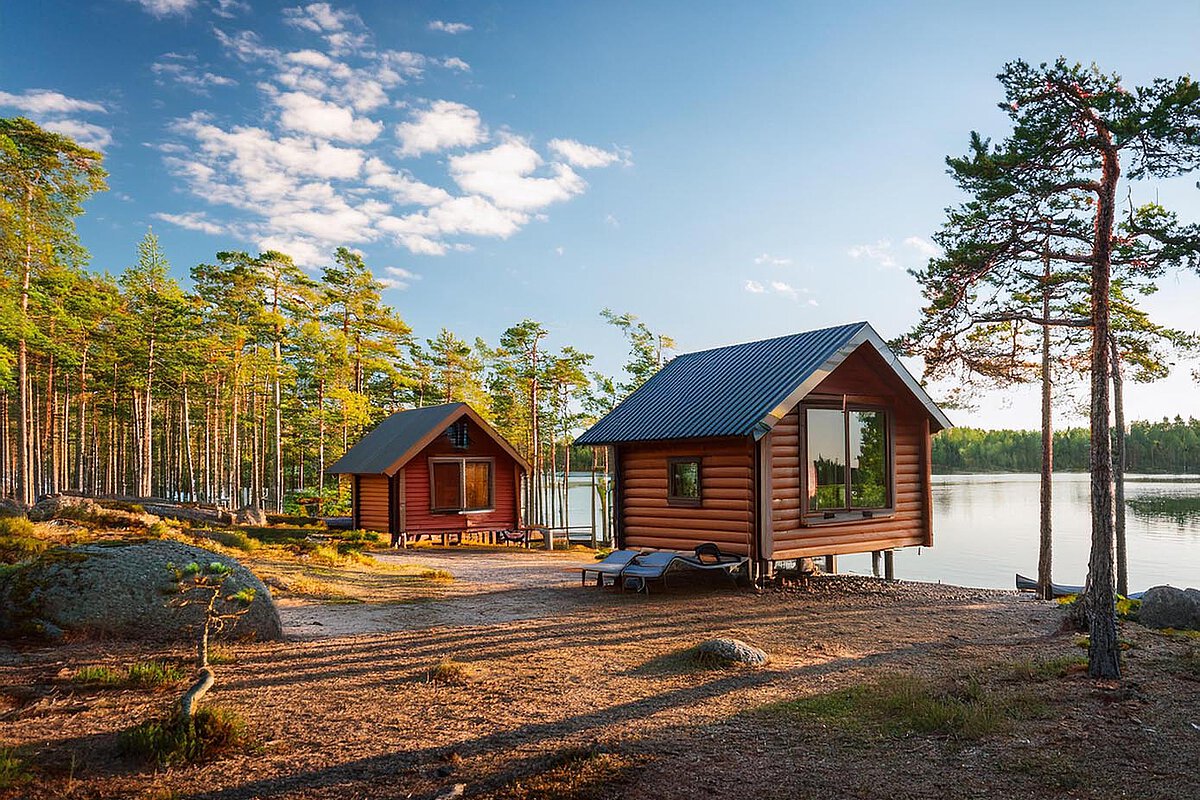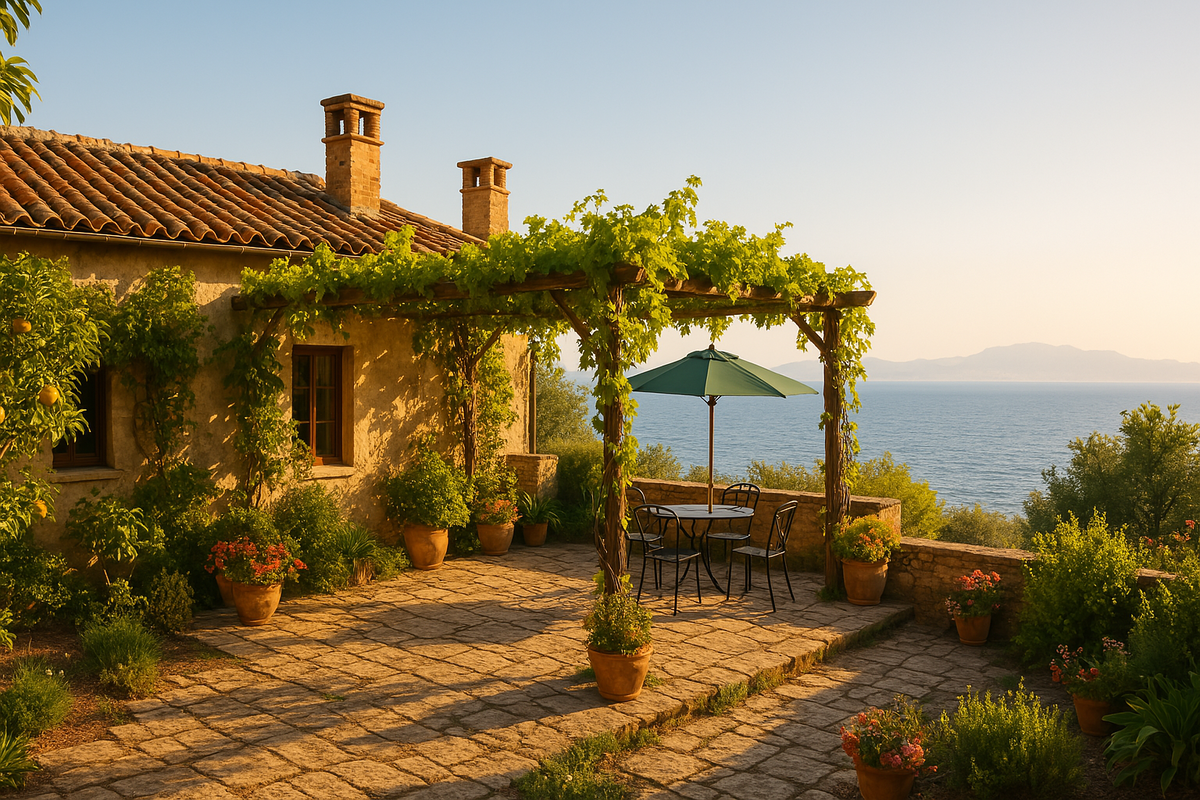Portugal's farms stay
Embrace simplicity in Portugal’s rural escapes
Portugal's Most-Loved Rural Regions
Family-Friendly Accommodations
City-Break Escapes
Didn’t find what you were looking for?
Discover these countryside gems!
Portugal: Salt in the Air, Soil on the Hands
Portugal doesn’t whisper its charm, it sings it. In the salty Atlantic breeze, in the earthy scent of olive groves, in the rhythm of village life that still follows the sun. This is a country where history isn’t behind glass. It’s baked into stone farmhouses, worn cobblestones, and the calloused hands of those who work the land.
Beyond Lisbon’s tiled facades and the Algarve’s postcard beaches, you’ll find something quieter…and deeper. Shepherds in the Serra da Estrela moving with their flocks. Terraced vineyards in the Douro carved by hand, row by row. Cork oak forests where harvesters still climb barefoot to strip the bark, just as they did centuries ago.
Here, time isn’t lost. It’s lived differently.
Some interesting facts
Portugal may be small on the map, but it’s dense with diversity. From the volcanic ridges of the Azores to the wheat fields of the Alentejo, the landscape shifts dramatically in just a few hours’ drive. There’s snow in winter in the north, and orange trees blooming in the Algarve while the rest of Europe is still grey.
The country counts over 300 sunny days a year in many regions, making it one of Europe’s top producers of olives, wine, and cork. In fact, Portugal supplies more than 50% of the world’s cork, with trees that can live for over 200 years.
And while tourism has boomed, much of rural Portugal remains unchanged. You’ll still see shepherds leading goats through wildflower meadows, bakeries firing bread in wood ovens, and elders playing cards in village squares under the shade of fig trees.
Where the Land Still Feeds the Soul
In Portugal, farming isn’t a trend. It’s a way of life that pulses through every village, vineyard and valley. The land is generous, and those who care for it know its moods, how the ocean brings mist to the north, how the heat bakes the Alentejo into gold by July.
In the Douro Valley, vines grip the hills like roots of memory. Terraces, laid stone by stone, shape one of the world’s oldest demarcated wine regions. Up in Minho, small farms grow corn, cabbage and citrus side by side, often with chickens roaming between the rows.
The Alentejo moves slower. There, herds of black pigs root under cork oaks, olive trees glint under the sun, and time folds into the landscape. Even in the Algarve, beyond the tourist coast, family plots yield almonds, figs and carob with quiet pride.
Across Portugal, tradition and renewal go hand in hand. Young farmers are bringing back forgotten grains, working with the rhythms of nature instead of fighting them. It’s not about going back, it’s about going deeper.
Beyond cities: Places that stay with you
Portugal’s magic isn’t locked in monuments. It lives in the silence of a cork forest at dawn, in the wind that sweeps the cliffs of Cabo Sardão, in granite villages where bread still rises in wood ovens.
Yes, there’s Lisbon with its steep alleys and Coimbra with its centuries-old university. But drive a little further and the real stories begin. In Monsanto, houses grow from boulders. In Marvão, a castle floats above the clouds. In the Douro Valley, the land itself becomes a staircase for vines and sky.
The Azores rise from the Atlantic like a dream, crater lakes, hot springs, black cliffs. On Madeira, laurel forests breathe mist and light. And across the mainland, from the wild Serra da Estrela to the sandbar islands of Ria Formosa, Portugal offers a geography of emotions.
These are places that don’t just impress. They stay with you, quietly, like a song you didn’t know you knew.
Experiencing Portugal, one farm at a time
Staying on a Portuguese farm isn’t about watching from the sidelines. It’s about waking up to the clang of goat bells, kneading dough in a sunlit kitchen, learning how cork is harvested or how sheep are moved before the rain comes.
In the north, you might help harvest chestnuts or stir a pot of caldo verde beside a stone hearth. In the center, join the olive harvest or ride through fields where wildflowers and wheat grow side by side. In the Alentejo, lend a hand in the vineyard, then share a meal of black pork, local bread and red wine at a long table under the stars.
Every region has its rhythm. Some farms offer cooking classes or weaving workshops. Others invite you to simply slow down, breathe, and live close to the land. The beauty lies in the details—a grandmother’s recipe, a child’s laughter, a sunrise over the fields.
It’s not just a stay. It’s a connection.
FAQs
If you venture beyond Portugal’s coastlines and cities, you’ll find a rural rhythm that’s quietly powerful. Staying on a farm here isn’t just a getaway, it’s an invitation into a way of life. You might wake up to sheep bells echoing through the Serra da Estrela, learn how cork is harvested by hand in the Alentejo, or taste olive oil pressed just meters from the grove it came from.
Many of these stays are still run by families who’ve worked the same land for generations. You’ll see stone houses with sun-cracked walls, share meals made from backyard gardens, and maybe even lend a hand in the vineyard. Life moves slowly, but it’s rich in texture, shaped by weather, soil, and tradition.
Whether it’s a hillside quinta in the Douro or a smallholding near Évora, rural stays in Portugal are deeply rooted, quietly beautiful, and full of stories.
Rural Portugal packs a surprising amount of variety into a small space. Drive just a few hours and the scenery shifts from snow-dusted mountains in the north to sun-drenched orange groves in the Algarve. Out on the Azores, you’ll find volcanic cliffs and crater lakes. In the Alentejo, golden wheat fields stretch to the horizon.
Portugal’s climate also plays a big part. With over 300 days of sun in many regions, it’s one of Europe’s top producers of olives, wine, and cork. Some cork oak trees here are older than the villages themselves, and Portugal alone supplies over half the world’s cork.
But what makes the countryside truly special is how little it’s changed. In many towns, wood-fired bread ovens are still in use, shepherds still guide their herds through wildflower meadows, and elders gather under fig trees to swap stories over cards. It’s not a museum version of tradition… it’s still lived, every day.
In Portugal, farming isn’t just part of the past, it’s part of the present. Across the country, you’ll find a deep connection between people and the land, shaped by generations of care, climate, and quiet knowledge.
In the Douro Valley, vineyards cling to steep stone terraces (each one hand-built) creating wines with centuries of history in every bottle. Up north in Minho, you’ll pass family farms where cabbage grows next to citrus, and chickens roam freely between the rows. In the Alentejo, black pigs graze beneath ancient cork oaks, and the pace of life slows with the summer heat.
Even in the Algarve, beyond the beach towns, small plots still yield figs, almonds and carob, crops passed down with pride. You’ll taste it in the food, feel it in the quiet mornings, and see it in the way locals read the land like a familiar story.
What’s truly special? Young farmers aren’t just preserving tradition, they’re evolving it. They’re reviving lost grains, embracing regenerative practices, and proving that sustainability isn’t new here. It’s always been part of the rhythm.
Some places don’t need crowds or postcards to leave a mark, and Portugal has more than its share of them. Beyond Lisbon’s cobbled hills and Porto’s tiled facades, the country unfolds in quieter, deeper ways.
In Monsanto, entire houses are carved around giant boulders. In Marvão, a hilltop castle seems to float above the clouds. Head to Cabo Sardão on the Alentejo coast, and you’ll feel the Atlantic wind tugging at the edge of the continent. Inland, in granite villages like Sortelha or Castelo Rodrigo, bread still bakes in wood ovens and time moves gently.
The Douro Valley turns the land into a living staircase, where vines climb toward the sky. The Azores rise like green volcanoes from the Atlantic, their crater lakes and hot springs half-myth, half-nature. On Madeira, ancient laurel forests wrap you in mist and silence.
From the wild mountains of Serra da Estrela to the calm sandbar islands of Ria Formosa, these aren’t just scenic places. They’re experiences. And long after you’ve left, they linger, the kind of beauty that hums in the background, like a melody you didn’t expect to remember.
A farm stay in Portugal isn’t something you just observe. It’s something you feel with your hands, taste at the table, and carry with you long after you’ve left.
You might start the day with the sound of goat bells drifting across the hills, then head to the kitchen to knead bread dough under the guidance of a host who learned the recipe from her grandmother. In the north, autumn brings chestnut harvests and caldo verde simmering on the hearth. In central Portugal, spring might mean picking olives or riding through fields dotted with wildflowers. Down in the Alentejo, you could help in the vineyard and end the day with a long, slow meal of black pork, rustic bread, and bold red wine under an open sky.
Many farms offer more than just a bed… cooking classes, traditional weaving, seasonal tasks. Others simply invite you to slow down and reconnect with nature. You’ll notice the small things: a recipe passed down, the laughter of children running barefoot, a sunrise that feels like it was just for you.
It’s not just a vacation. It’s a shared rhythm, between land, people, and time.

